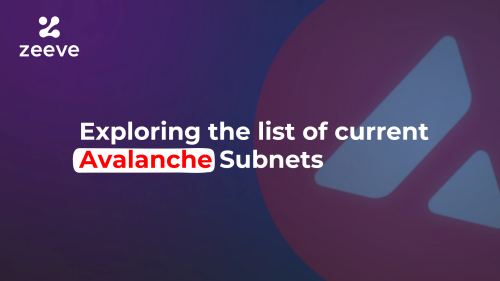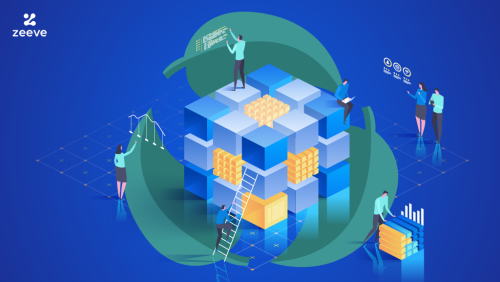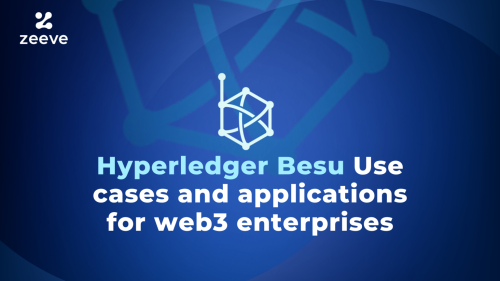The Tel Aviv Stock Exchange, Dubai 2020 and the future of Middle East Blockchain Cooperation
Blockchain Technology, which has taken the financial world by storm, has found additional advocates and users within the Middle East. Through analysis of such indicators as the Tel Aviv Stock Exchange (TASE), which recently announced the development of a ‘first of a kind’ blockchain-based securities lending platform, and Dubai 2020, a UAE plan to utilize blockchain technology as the database for over half of all government transactions by 2021, one can identify clear links between the ever-growing international investment within the region and the continued growth and implementation of blockchain technology. These two indicators are forebearers to additional advances.
In addition to the multi-state sponsored push toward further adoption of blockchain technology that can be seen throughout the Middle East, private organizations such as Intel, who has been working with TASE to build its new blockchain-based platform on top of Hyperledger Sawtooth. Additionally, large scale investors such as the European investment bank Benson Oak, announced on September 2, 2018 that it had secured $25 million in investment commitments for a new Israel-based fund which focuses on startups and blockchain technology have entered the market. Benson Oak itself is planning on raising an additional 75 million for their new fund and this is only the beginning of private and corporate monies flooding into this space.
Although the adoption of blockchain technology throughout the region can surely be understood as a push toward a more economically secure future throughout the Middle East, the lack of cooperation between participating parties (and more specifically, Israel and the UAE), has and continues to prevent potentially groundbreaking financial and technological advancements. If, on the other hand, both nations worked together, with their massive individual technological and financial prowess only serving to complement one another and the region, as well as the world in general, may see a boom in technological advancements throughout the fields of blockchain technology and financial technology / investments. The beginnings of a working relationship between the two nations is already in place – with such joint projects as the International Renewable Energy Agency, which was started in 2015 and is currently centered in Abu Dhabi – additional technological and financial cooperation can be seen on the horizon.
In addition to monetary and technological advancements, a blockchain-centered joint-project between the UAE and Israel may help to lessen tensions throughout the region, as the technology can be used for such things as water allocation, desalination, humanitarian aid, and other necessary services whose current lack of efficiency, lack of trustworthiness, and general bureaucracy may be hindering progress. Peace arrives in many different forms, and technological cooperation is one of those paths. Shifting Middle East alliances will spur on future partnerships at a greater pace as well as on a wider scale.
While blockchain technology may not be the end-all be-all that can solve the whole world’s problems, we can understand that progress is a process and blockchain technology is simply a step in our long walk toward peace. However, with such innovations so close at hand, this step can and should be taken immediately. While the world may not be able to cooperate and agree on every front, technological advancement for the greater good, and the part that blockchain technology plays within that, are topics we should all be able to agree upon.






Responses